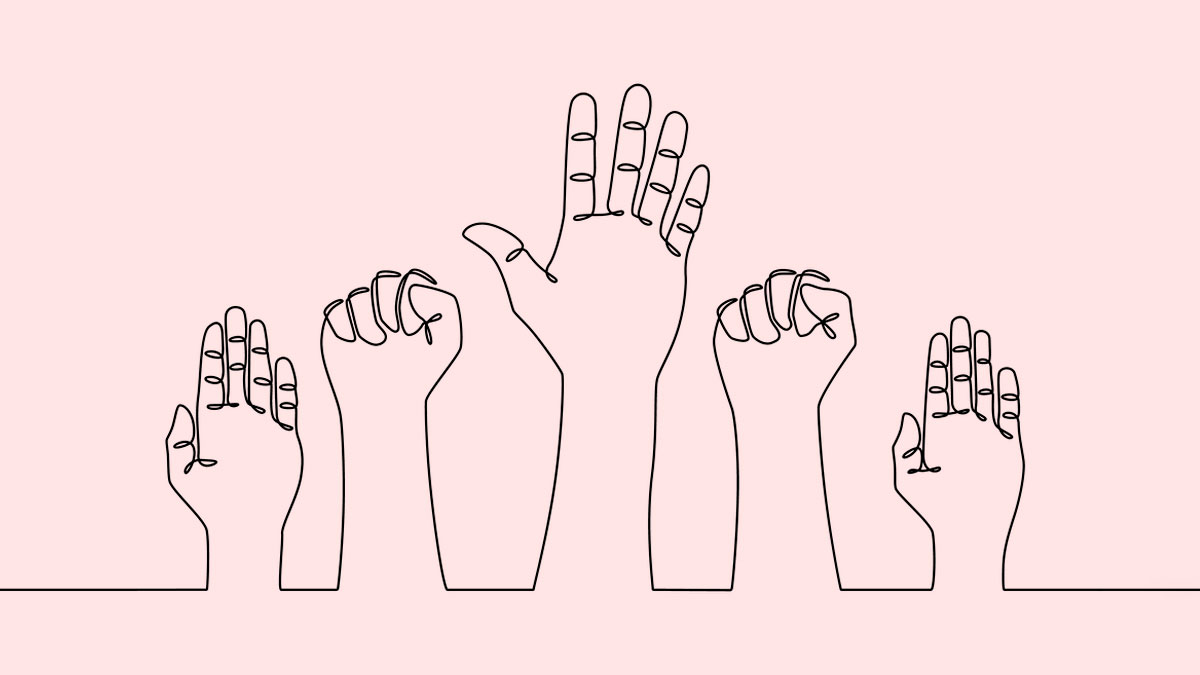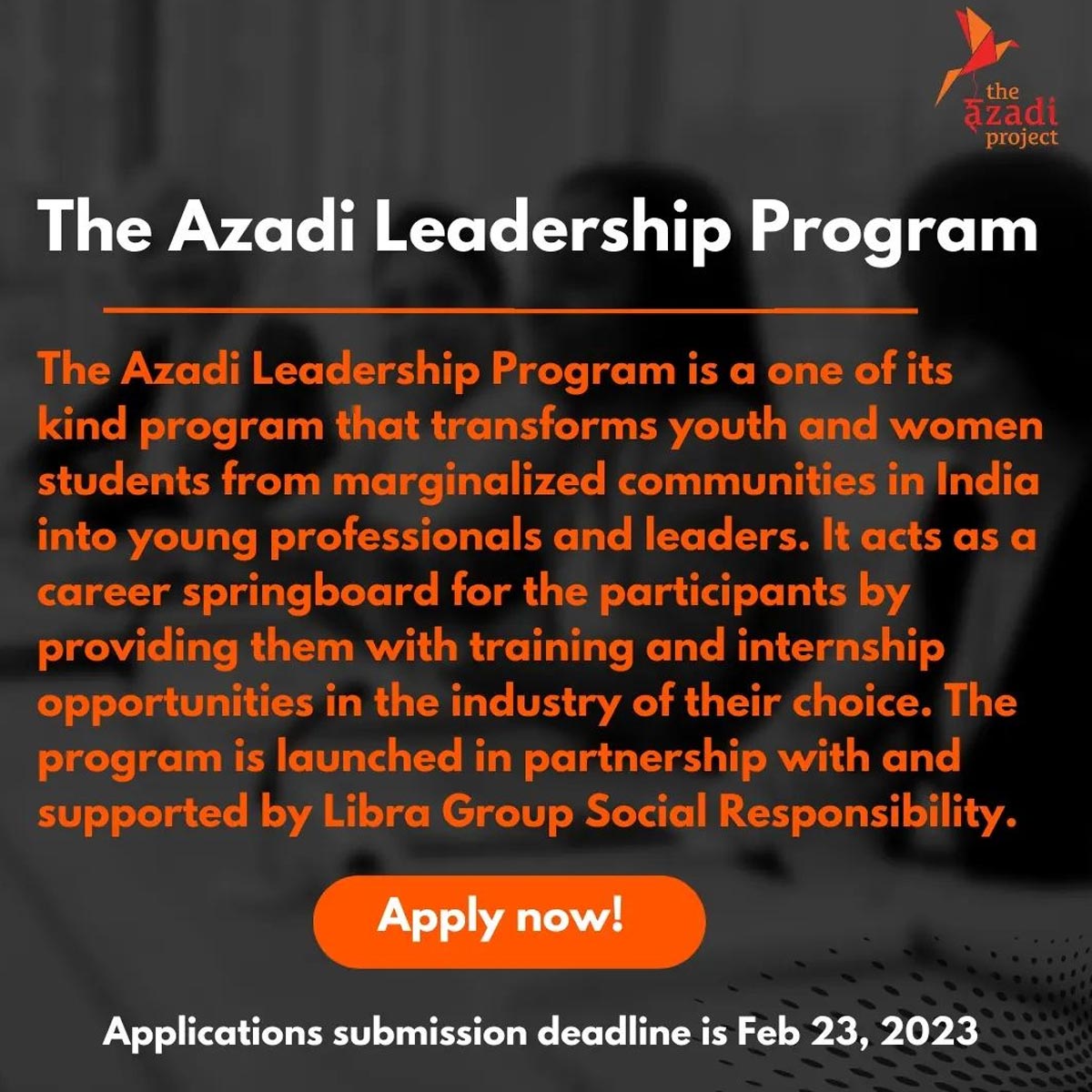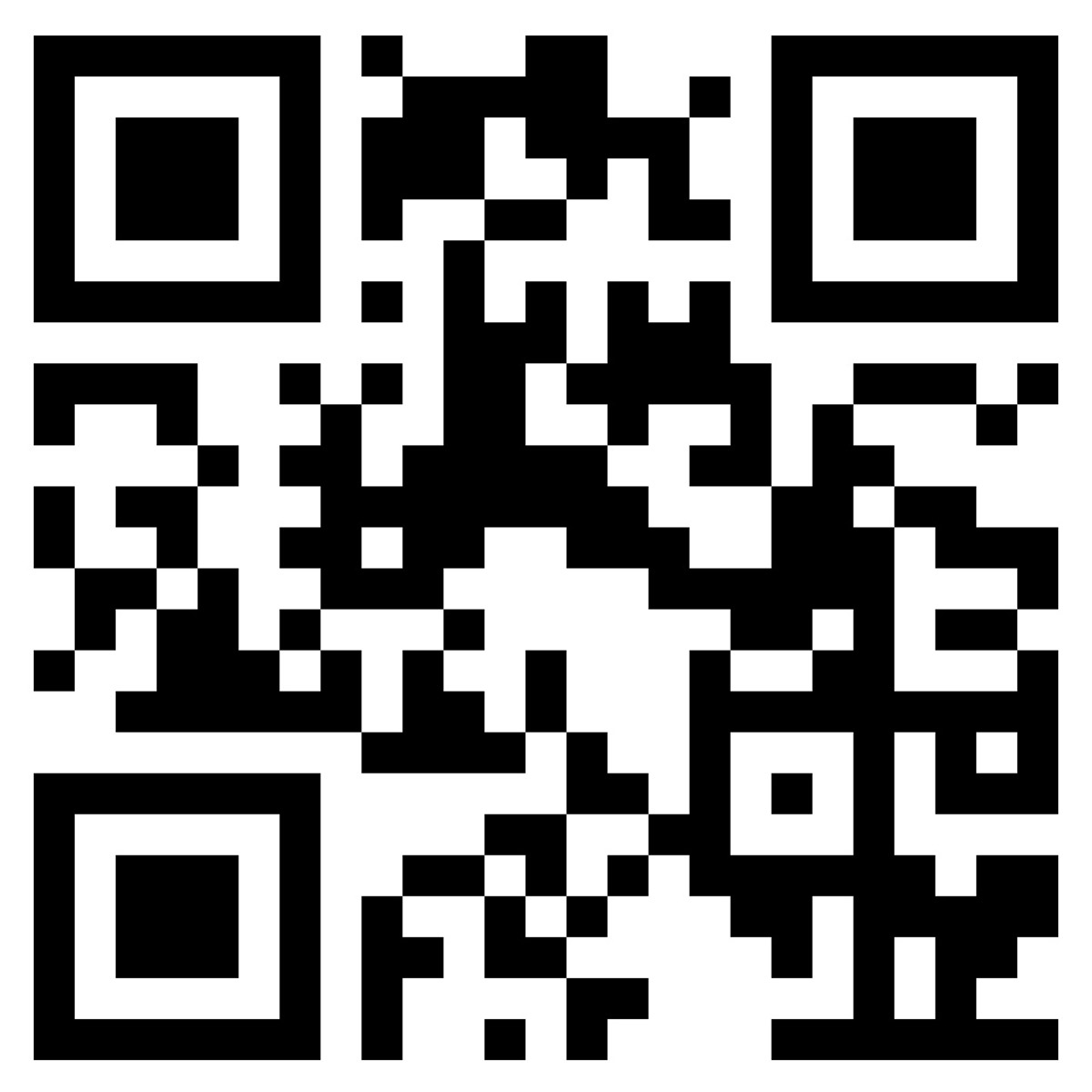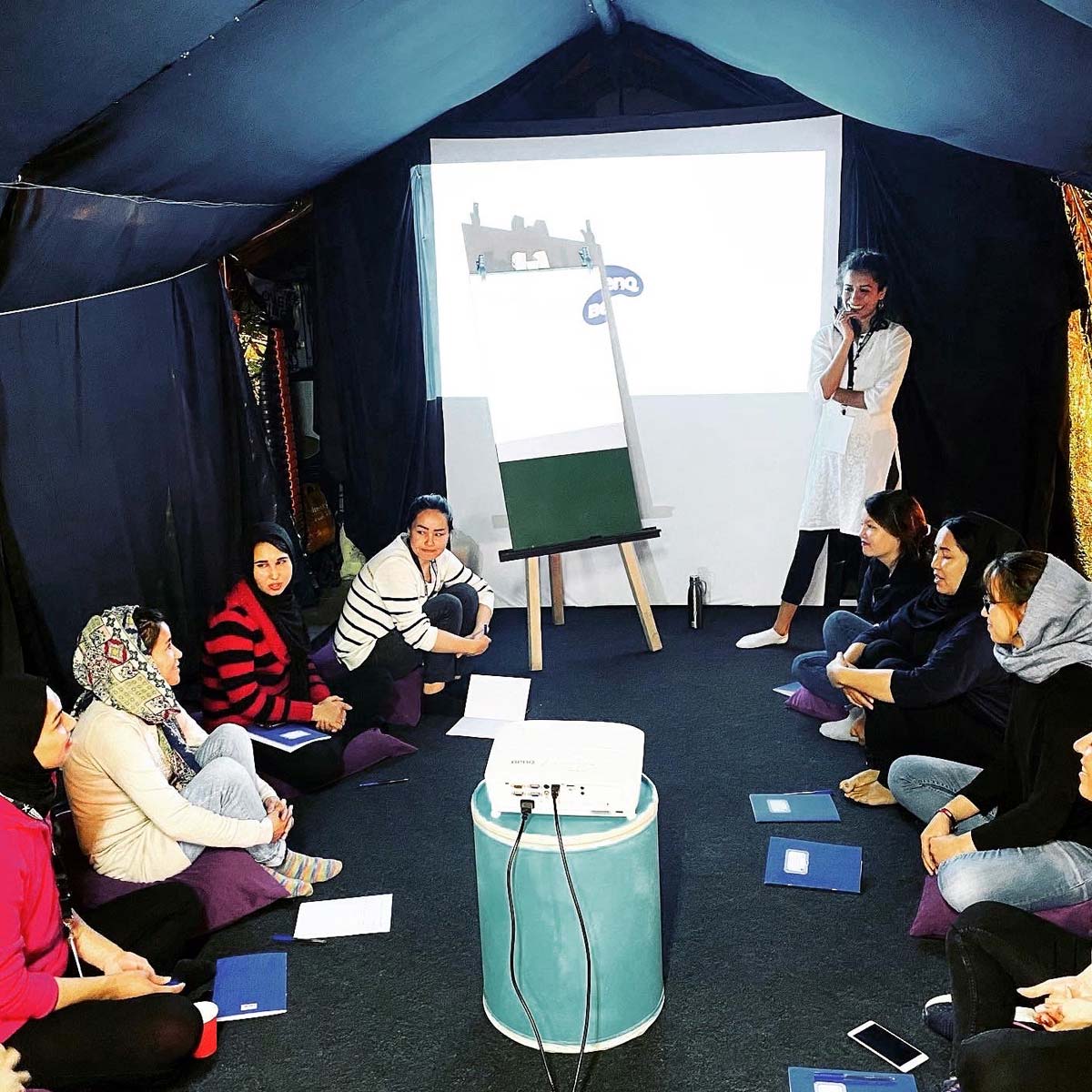
Inclusivity continues to be just a label in India. It doesn’t matter for how long the country has been chanting about the idea of inclusivity, barriers between communities still exist. As a country, India has failed terribly to provide equal access and opportunities across communities. The status of marginalised groups in the country are proof of that.
To overcome the barriers at every level, discrimination, disapproval, and a lack of social access, and gain visibility in society, it is crucial for these groups to make it to the workforce. However, it is a big challenge since these disadvantaged communities have no or little access to education and training.
The Azadi Project's leadership program aims to change the game for the marginalised groups. The one-of-a-kind program intends to transform the lives of the youth and women students from marginalised groups in the country and shape them into professionals and leaders. To make this happen, the program will provide the applicants training and internship opportunities in the industry of their choice.
We spoke to Priyali Sur, Founder, The Azadi Projectand asked her what led to the foundation of the organisation that aims to be the voice of the silenced.
The Azadi project recently announced a program to empower the marginalised communities of the country and we were curious to know what made the project take this route. Talking about the same, Sur said, "During the initial years of Azadi, we focused on the global refugee and migrant crisis but the unprecedented nature of the pandemic and the impact it had on migrant populations in India, made me realise that it was time to work in my home country — India. That's where my heart is. India is a country of 1.4 billion people where 450 million people come from marginalised groups such as scheduled castes, scheduled tribes and Muslims. That's more than the population of the United States. Add to it other marginalised groups such as LGBTQIA+ or survivors of gender-based violence, we have a huge population that is marginalised and don't have access to resources because of the generational discrimination against them. Women and youth in most of these marginaliszed communities face intersectional bias and that's why our program is designed as a career accelerator to support, train women and youth from the marginalised communities and integrate them into the formal sector workforce."

Launched in partnership with and supported by the Libra Group Social Responsibility, Azadi's leadership program aims to make more women and youth from marginalised populations of the country get into the workforce. “The program acts as a career springboard that connects candidates with industry experts for mentoring and training directly. It also provides a paid internship to candidates at top organisations in New Delhi. The goal of the program is to not just empower the cohort but transform the candidates into leaders, who will positively impact others in their communities as well,” said Priyali Sur, founder, The Azadi Project.
The leadership program focuses on the following three areas -
All the participants will be trained by experts and industry leaders, get a completion certificate and stipend.
Not only will a program like this one benefit the mariginalised populations but have a positive impact on the society as a whole. How? It will help increase talent pools that will further lead to great innovation. Diversity will bring different experiences, needs, and knowledge to the table. As more individuals from the marginalised communities begin to be a part of the workforce, it will further become the norm to be inclusionary. This can further reduce the biases towards minorities and slash down the stereotypes.

QR Code To Apply For The Azadi Leadership Program
Don't Miss: Volkswagen Inaugurates All-Women Store In Coimbatore To Promote Inclusivity & Diversity

Priyali Sur, a seasoned journalist, founded the Azadi Project back in the year 2015. Speaking on the foundation, she said, "In 2015, when there was mass migration to Europe of people who were affected by the war and conflict in the Middle-east, I was reporting as a journalist from the borders of the countries where refugees were stranded. I spent days and nights with women refugees and their children in camps, at shelters and in makeshift camps at international borders. Their stories struck home; my grandmother was a refugee from Bangladesh. That's when I decided that I wanted to do more than just telling their stories as a journalist. I wanted to provide them with a space to come together and feel supported. It was then that I started The Azadi Project with the aim to provide psychosocial support, employability skills and a platform to women refugees to heal, be empowered and share their own stories in their own voice."
Marginalised communities in the country continue to be pushed beyond the edges of society. Speaking of what contributes to the discrimination, Priyali Sur, Founder, The Azadi Project said, “Not just in India but also globally, the sections that have faced generational discrimination continue to be discriminated against even today. There are deeply ingrained social biases that make any change in the status of these communities next to impossible. For example, the caste system, even though abolished in India, is omnipresent in our society. The public narrative around groups like refugees and migrants is of fear, where they are seen as a threat to national security. Public perception is tied to public policy.”
Don't Miss: How Better Urban Planning Can Create Gender-Inclusive Public Spaces
Even though organisations like The Azadi Project are coming forth to bring about change in the society, the founder feels that as individuals we can address marginalisation in the country on an everyday basis. "When we see something wrong, we should say something. Everytime we notice someone from a marginalised population being discriminated, we should not just be a bystander but call it out. We can also play our part by not spreading any misinformation about these groups on social media," she said.
Also watch this video
Herzindagi video
Our aim is to provide accurate, safe and expert verified information through our articles and social media handles. The remedies, advice and tips mentioned here are for general information only. Please consult your expert before trying any kind of health, beauty, life hacks or astrology related tips. For any feedback or complaint, contact us at [email protected].